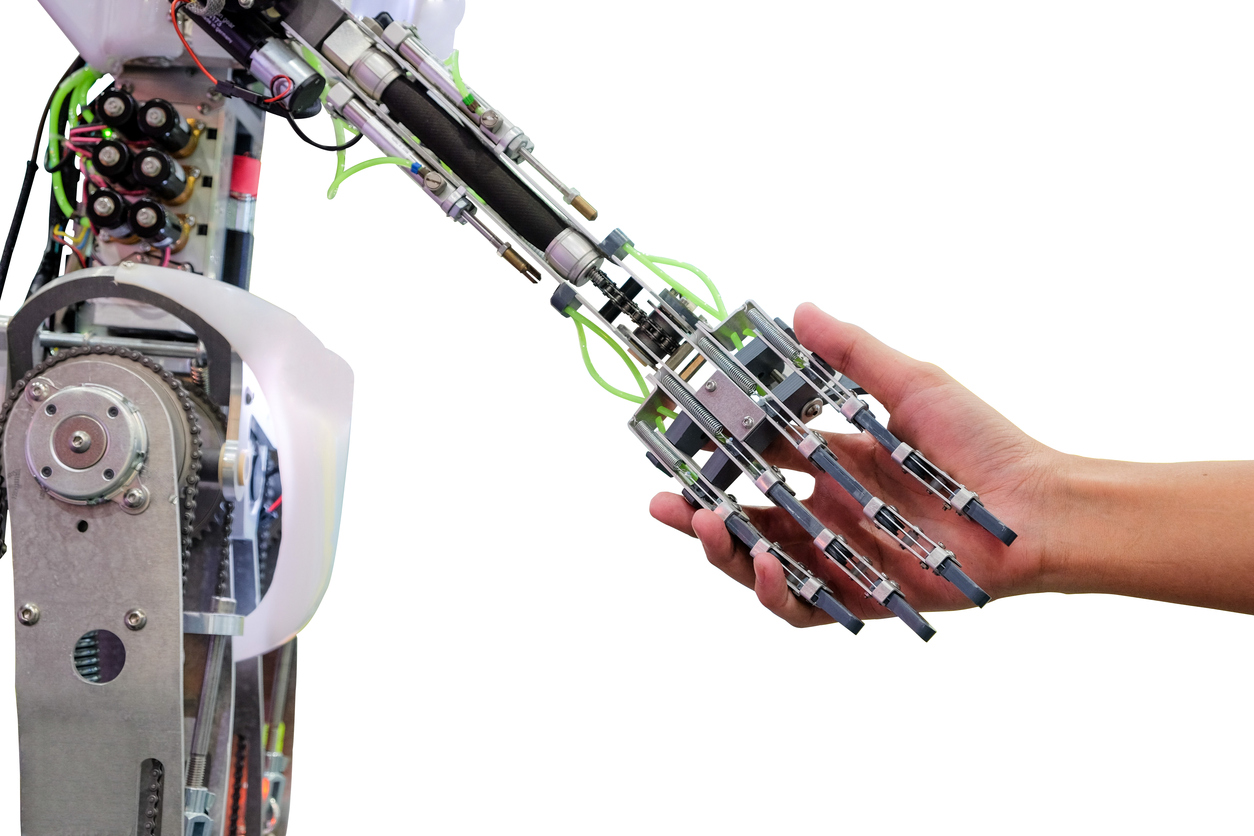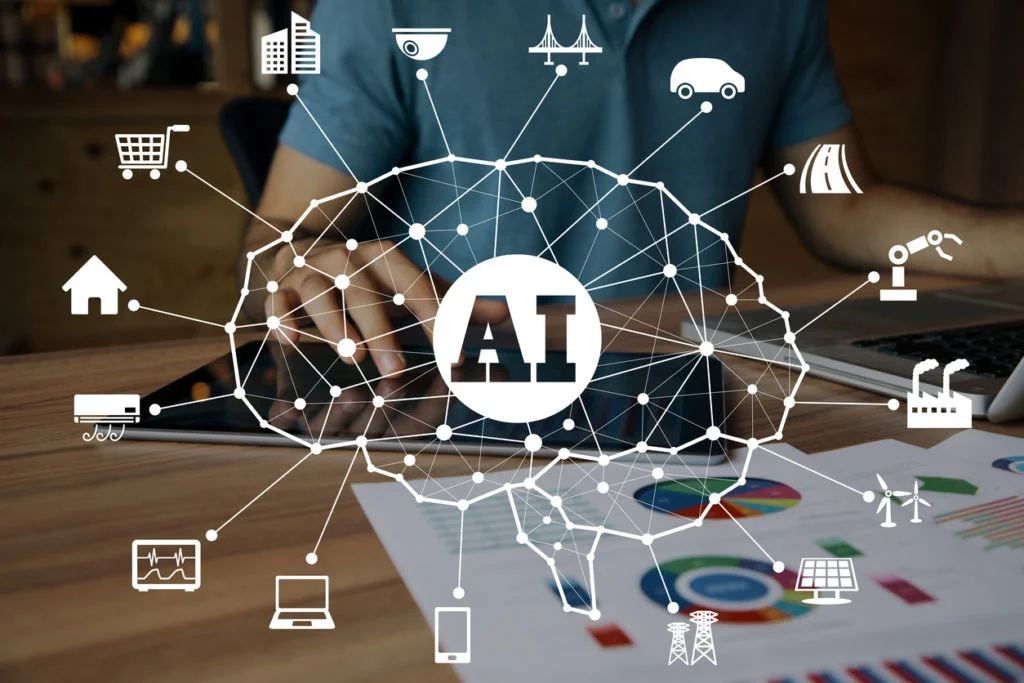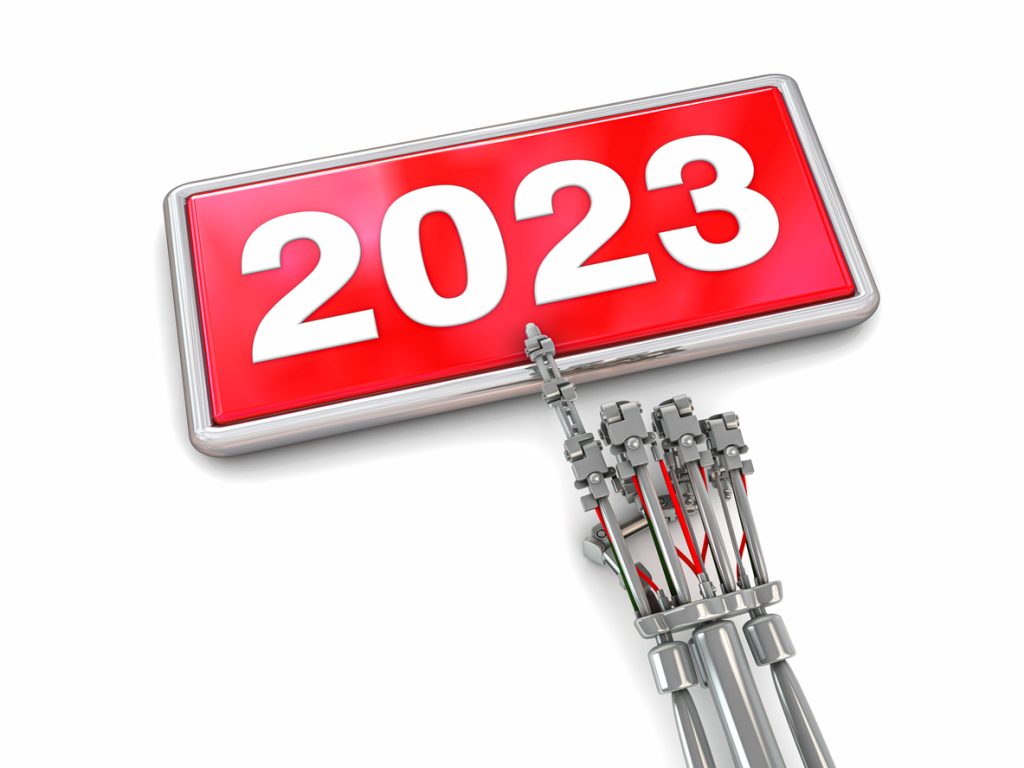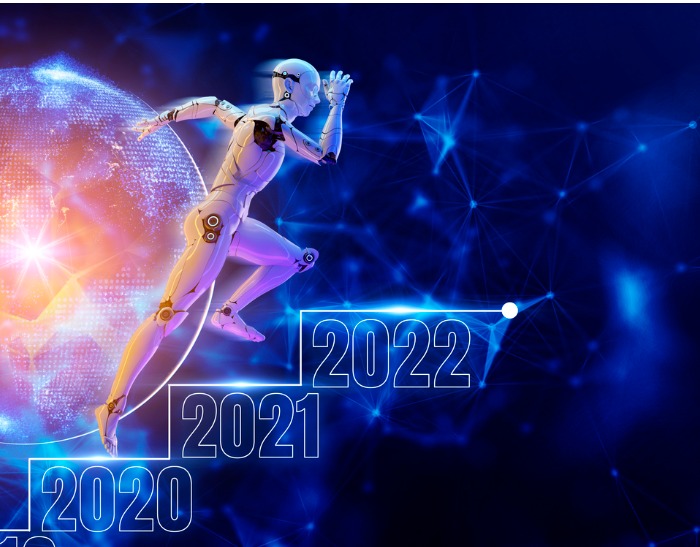Artificial intelligence (AI) is critical to accelerating the growth of your business. In fact, an Accenture Strategy study found that investing in AI and human-machine collaboration could boost your business revenues by 38% by 2022. It is also expected to raise employment levels by 10% in that timeframe.
While business leaders are optimistic about the changes that AI will have on their workforces, there will be some significant adjustments that will need to be made. A recent report from IDC found that 28% of companies have already adopted AI. An additional 41% will adopt it within the next two years.
Here are the top ways in which AI will impact your workforce and what you can do to prepare your organization for the coming changes.
1. Redefined Job Requirements and Organizational Structure
Business leaders will have to redesign their jobs to account for the fact that at least some of the tasks that their employees currently do will need to be automated. Instead of thinking of your employees’ work activities in terms of job descriptions, leaders should break work activities into tasks and then allocate those tasks to both machines and people.
By redesigning your company’s job requirements, you can elevate your workforce’s capabilities and increase productivity. Business leaders must also reconsider the division of roles and even the entire organizational structure to ensure that employees and AI work together in harmony.
2. AI Will Create Jobs
As compared to your current workforce, implementing AI will likely mean the creation of additional new jobs within your company. You can expect your workforce to grow because technical applications of AI require a full range of workers, from data scientists who are responsible for modeling data sets to IT people who run your servers. Anticipating your recruiting needs will help you to begin the outreach for those positions before your competitors begin to adopt their own AI strategies.
3. Improved Employee Retention
As employees spend less time on busy work and more time on tasks that truly align with their professional capabilities, AI is expected to improve employee retention. In fact, leveraging AI to understand your employees’ needs is an important application of this technology. Specifically, it can be used to identify key challenges for employees in order to help your employees achieve a higher level of satisfaction in their jobs.
AI could be especially useful in industries that experience high turnover, such as food, retail, and hospitality. Using predictive technology to track employee engagement levels in order to provide proactive intervention and critical support will reduce turnover and decrease the costs of training and replacing lost human capital.
4. New Learning Opportunities
Business leaders will take a more active role in creating learning opportunities for their employees. Given that implementing AI will require a skillset that your current workforce may lack and a dearth of available applicants to fill such positions, simply replacing them isn’t an option.
The most successful companies will be those who teach their workers how to successfully collaborate with AI. AI also make it possible to engage your employees more by adapting eLearning platforms to your workforce’s individual learning styles.
However, employers must stop underestimating the willingness of their employees to acquire the relevant skills for implementing AI. A recent survey of business leaders found that only 26% of employers believe that their workforce is ready for AI. While within the workers themselves, more than half of employees reported being enthusiastic about AI adoption.
5. Improved Compliance
AI is already being harnessed by companies to monitor IT network systems and improve cybersecurity, decreasing the chances of a breach due to human error. However, AI will also help to improve compliance among your organization’s workforce. For example, voice-activated software might be an appropriate accommodation for an individual with disabilities.
AI can also be used to catch rogue employees involved in ethics violations and other forms of misconduct. For example, in the banking industry, IBM’s Watson has be applied to catch bank employees creating phony accounts, suspicious trade sequences, and other red flags. This will help to protect good employees by relieving them of the job security concerns associated with whistleblowing.
Developing Your AI for Business Plan
According to a survey done by Accenture, 72% of business leaders are optimistic about the changes that AI could bring to their organization and workforce. Furthermore, 61% said that the sharing of roles that involve collaboration with AI would increase within the next three years.
In order to be successful, companies will need to adopt an AI mindset. A company with an AI mindset understands that:
- AI is intended to extend your employees’ capabilities, not replace them.
- AI allows for automation of regular tasks so that your employees can focus on the duties that deliver the most value for your company.
- AI provides the support that you need to make smarter decisions, faster.
At Achievion, we believe that the companies that will excel in the future are those who adopt an AI mindset early in order to establish standards that their competitors follow. Staying ahead of the race means getting your workforce on board today. It’s important that you also recognize that AI isn’t well suited to perform all tasks. So the challenge for businesses will be optimizing the ways in which humans and machines interact.
If you’d like to learn more about how Achievion can help you redefine your workplace culture in order to embrace AI, let’s schedule a time to chat. We’ll help you to create a comprehensive AI for business plan.









